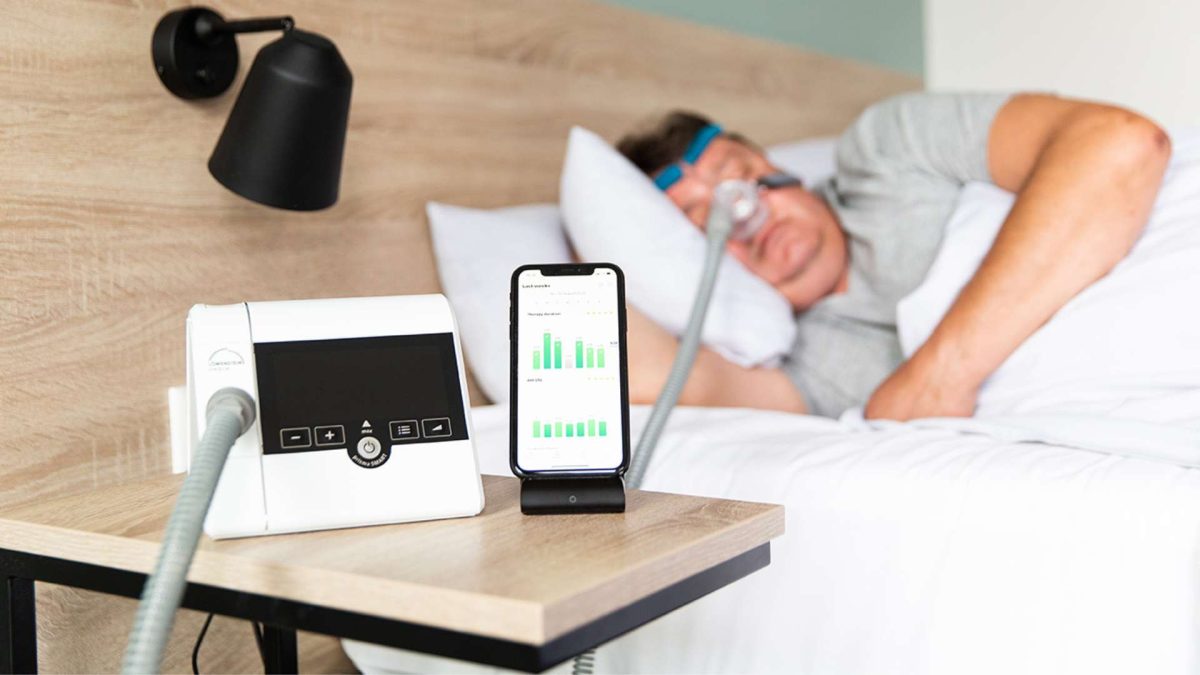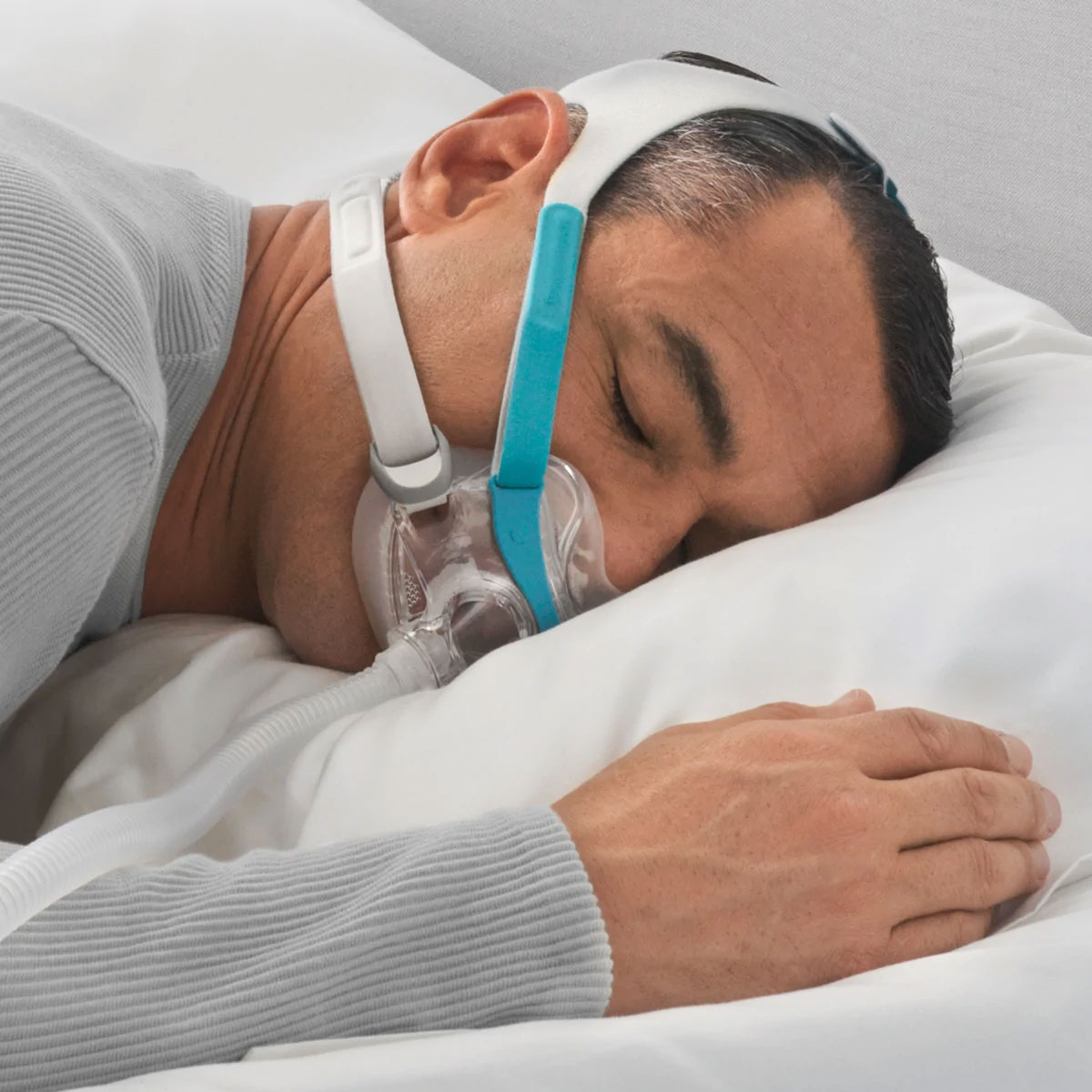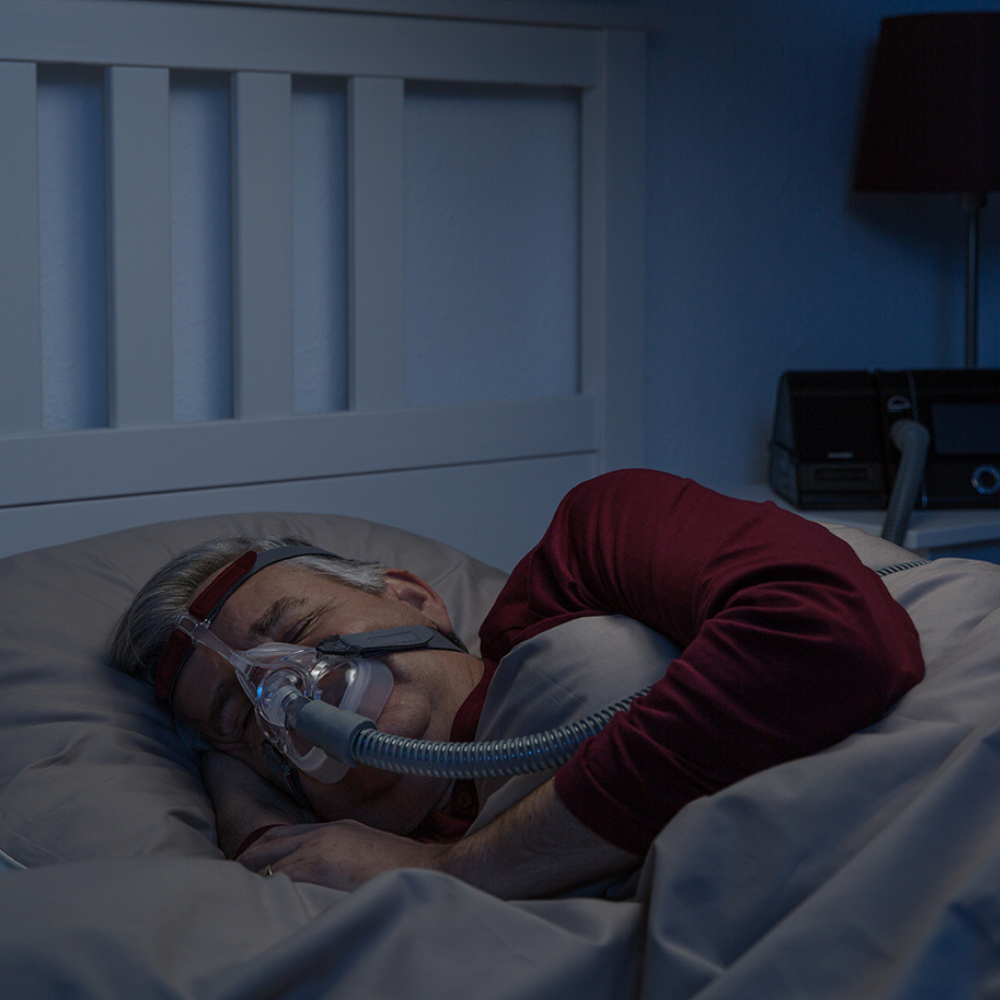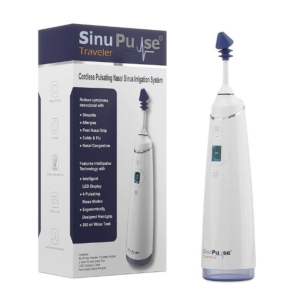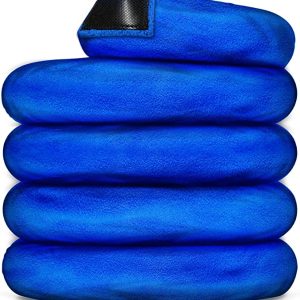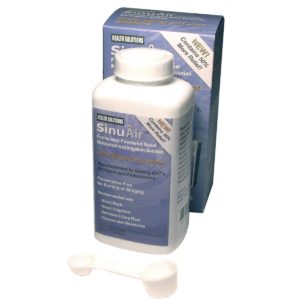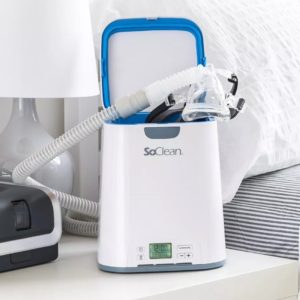Fact Checked
Intus Healthcare’s writers, customer service team, and sleep experts review and ensure this information is accurate.
Last updated on October 27th, 2023 at 08:39 am
Can cold weather affect Sleep Apnoea symptoms?
A drop in air humidity is the primary reason Obstructive Sleep Apnoea (OSA) symptoms can worsen during cold weather.
Studies show that OSA can intensify in the winter due to the colder temperatures and the effects this has on the body(1).
Let’s look at the studies supporting increased Sleep Apnoea severity during cold weather.

The Impact of Winter on AHI Levels
A study in 2012 used 7,523 patients and found that the number of Apnoea events known as Apnoea Hypopnoea Index (AHI) had a 20% increase during winter compared to the previous months. These results supported the importance of increased use of a CPAP machine or alternative treatments during the colder months.
The study found the average number of interruptions to sleep each hour also rose in the winter to 17.8 times an hour from 15(1).
Sleep is vital to our immune systems, and research has found that participants who slept for 6 hours or less were, on average, 4.2 times more likely to develop a cold than those who slept for 7 hours or more(2).
Why Sleep Apnoea may get worse in cold weather
Several factors could exacerbate Sleep Apnoea during the winter. With the drop in temperature, it becomes more common for illnesses and colds to spread, elevating the risk of contracting them.
These can affect your sinuses and cause nasal congestion, blocking your nose and making breathing difficult. Congestion increases airway obstruction by blocking the upper airways while you sleep and heightening symptoms.
The colder weather brings drier air, and some heating systems make the air even drier. Using a wood burner to heat your home can also impact air quality, aggravating your Sleep Apnoea symptoms.
Less moisture in the air can result in discomfort and congestion in the airways as the mucous membranes in the nasal passage dry up.
Tips to help Sleep Apnoea in winter
Adjustments may reduce the impact the winter season has on your symptoms. Here are tips you can try.
- Increasing the thermostat in your home can be very tempting to make your rooms warmer. However, try to resist this temptation for the bedroom and look for a more comfortable, cooler temperature which encourages sleep.
- Admittedly, staying free of colds and illness can be challenging during winter. But ensuring you maintain a well-balanced diet, avoiding foods that affect your sleep, and exercising even though the days are shorter helps boost your immune system.
- If you suffer from a cold, flu, or a stuffy nose, elevate your head with a pillow to maintain an open airway.
- The shorter days also signal less sunlight, an essential source of vitamin D. Find time in the day to go outside, even for a brief walk, as direct sunlight can help improve your sleep and overall mood. You can also consider taking a high-quality Vitamin D supplement.
- Avoid using smart devices before you sleep, as blue light from electronic screens can make it difficult to fall asleep.
If you continue struggling with heightened OSA symptoms during winter, consult your doctor or sleep clinic to see if you need to adjust your treatment.
Why using your CPAP in Winter is important
Various therapies for managing Sleep Apnoea exist, with CPAP therapy being one of the leading solutions. According to the Sleep Apnoea Trust, around 700,000 people in the UK successfully use CPAP therapy.
The dryness of winter air can cause increased discomfort in the airways, which may discourage you from using your CPAP equipment consistently every night. However, continuing your CPAP therapy over the winter is essential to prevent the symptoms from returning and other serious health issues from developing.
Here’s how you can increase the comfort of the therapy during the colder months.
How adding a heated humidifier can help
A CPAP humidifier can warm and moisten the air you breathe through your mask. Most modern machines have a humidifier with settings that can be adjusted depending on your desired moisture level. For example, the Fisher and Paykel SleepStyle device has an integrated humidifier, and the ResMed AirSense 10 has an optional HumidAir humidifier that can be added at any time.

CPAP therapy and a dry mouth
In winter, around 40% of CPAP users say they experience a dry mouth, which can lead to other problems, including inflammation, sinus infections, congestion and bad breath(4).
Therefore, using a humidifier can be beneficial in resolving these issues.
One thing to look out for when using a humidifier is “rainout”. This occurs when the air temperature decreases and the CPAP machine is warmer than the air in the room. Water droplets form in the CPAP tubing and mask as the air temperature drops.
CPAP masks for the winter
Different types of CPAP masks exist, but which is best for the winter?
As you develop a cold, the congestion makes breathing through your nose harder, and you start breathing through your mouth.
If you only have a nasal CPAP mask, the air from your device can be lost through the mouth, making the treatment ineffective.
Losing air through the mouth also means the warm, moist air from the lungs is not exhaled through the nose, which can lead to dry nasal passages.
A full face mask during the cooler months can make CPAP therapy more comfortable and make you more likely to continue with the treatment.
Alternatively, you could use a CPAP chin strap with your nasal cushion or nasal pillow mask. A chin strap will hold your mouth closed so you can breathe through your
Please clean your mask daily through the winter months to reduce the chance of illness from harmful bacteria and germs.
Read our simple cleaning guide here: How to clean your CPAP equipment.
Sinupulse Elite
We offer a range of sinus and nasal care products to relieve congestion. The SinuPulse Nasal Irrigator treats a range of sinus and nasal issues, such as:
- Allergies
- Sinusitis
- Snoring
Summary
You may feel the last thing you want to do when your airways are congested is to use CPAP, but it is important to persevere with the therapy to ensure effective treatment. By using your machine, you are more likely to improve your Sleep Apnoea symptoms during the cold weather. By doing so, you can boost your immune system to help combat colds or other illnesses.
Related article: Should I use my CPAP when I have a cold?
Contact us if you need any help with your OSA.
REFERENCES
- Cassol, C.M. et al. (2012) ‘Is sleep apnea a winter disease?’, Chest, 142(6), pp. 1499–1507. doi:10.1378/chest.11-0493
- Prather, A.A. et al. (2015) ‘Behaviorally assessed sleep and susceptibility to the common cold’, Sleep, 38(9), pp. 1353–1359. doi:10.5665/sleep.4968.
- Ghosh, D., Allgar, V. and Elliott, M.W. (2013) ‘Identifying poor compliance with CPAP in obstructive sleep apnoea: A simple prediction equation using data after a two-week trial’, Respiratory Medicine, 107(6), pp. 936–942. doi:10.1016/j.rmed.2012.10.008.
- ResMed (2023) Common complaint: CPAP dry mouth. Available at: https://www.resmed.com/en-us/sleep-apnea/sleep-blog/common-cpap-complaint-dry-mouth/ (Accessed: 04 October 2023).

